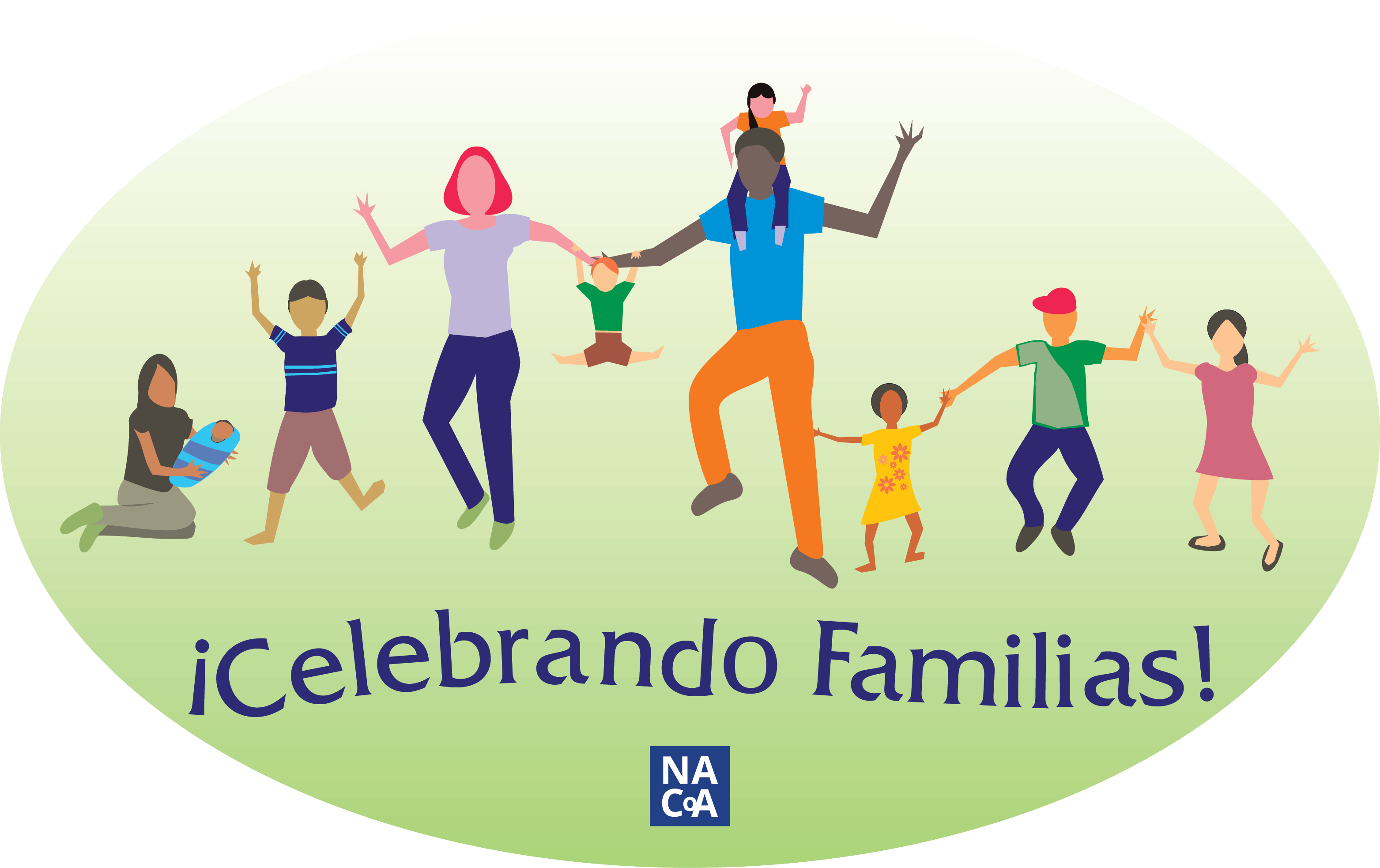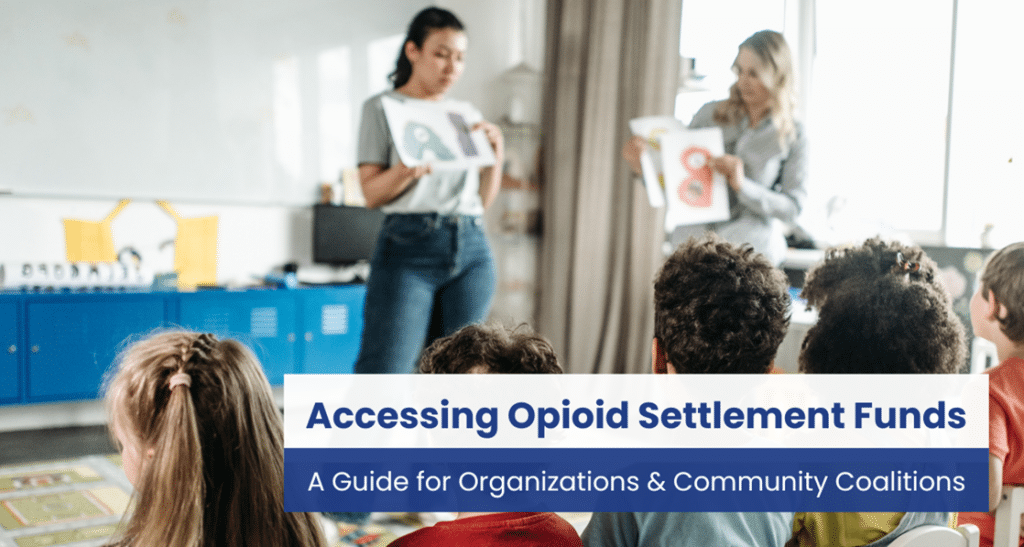The opioid crisis has left lasting impacts on families and communities across the U.S. In response, national opioid settlements have provided billions of dollars in funding to states and local governments. These funds are intended to support evidence-based prevention, treatment, and recovery initiatives. However, navigating the process of accessing these funds — especially at the state and county levels — can be complex.

For community organizations, recovery community organizations (RCOs), and coalitions seeking funding, this guide outlines key steps to find local requirements and how NACoA’s Celebrating Families! program aligns with funding priorities.
How Opioid Settlement Funds Are Distributed
The opioid settlement funds, sourced from legal settlements with pharmaceutical companies, manufacturers, and distributors, are allocated to states, counties, and municipalities. Each state has specific guidelines on how these funds can be used, but there are some national priorities:
National Parameters for Opioid Settlement Funds
The Principles for the Use of Funds—agreed upon by national experts and organizations—recommend that settlement dollars should be used to:
• Support evidence-based programs for prevention, treatment, and recovery.
• Prioritize whole-family recovery approaches, addressing the impact of substance use disorders (SUDs) on children and families.
• Provide community education and training to strengthen local prevention and intervention efforts.
• Reduce stigma and increase access to harm reduction services.
Each state has an opioid settlement fund committee or agency responsible for distributing grants. Some funds are allocated directly to counties, meaning local governments may set their own requirements.
How to Find Local Opioid Settlement Funding Requirements
Organizations can take the following steps to locate funding opportunities in their area:
• Check Your State’s Opioid Settlement Website – Many states have dedicated portals listing fund allocation plans, grant applications, and deadlines.
• Contact Your County Health Department – Local health agencies often administer or guide opioid fund spending.
• Review State Attorney General Reports – Many AG offices release public statements on how funds will be distributed.
• Connect with Local Recovery Networks – RCOs and community coalitions often track funding opportunities and collaborate on applications.
Great Resources to find current information on state-by-state allocations:
• Opioid Settlement Tracker by the Opioid Settlement Fund Advisory Board
• State Opioid Settlement Spending Decisions provided by the National Academy for State Healthy Policy
Why Celebrating Families! Meets the Criteria for Opioid Settlement Funding
The Celebrating Families! curriculum, developed by NACoA, is a proven, evidence-based program that aligns with national priorities for opioid settlement funding. It focuses on:
✓ Whole-Family Recovery – Helping children, parents, and caregivers heal together from the effects of substance use.
✓ Prevention of Future Substance Use – Teaching skills that reduce risk factors for opioid misuse in children and teens and increasing protective factors to foster resilience.
✓ Community Training & Education – Providing structured sessions that equip families and professionals with the tools to break the cycle of the disease of addiction, remove the impact of trauma and the stigma related to SUDs.
Celebrating Families! has been evaluated and recognized as an effective prevention strategy, making it a strong candidate for opioid settlement funding. Community organizations seeking funding for family-centered recovery programs should consider including Celebrating Families! in their proposals.
Final Thoughts from Team NACoA…
While accessing opioid settlement funds requires research and advocacy, these funds present a significant opportunity to expand evidence-based recovery efforts. Each of us has a responsibility to steward and diligently oversee these opioid abatement funds, recognizing that they are available due to the tragic loss of over 500,000 lives to opioid overdoses in the United States from 1999 to 2020. Many were parents, leaving more than 321,000 US children without a parent from 2011 – 2021 due to overdose.
We have an ethical duty to ensure these funds are used effectively, supporting programs that genuinely aid in the amelioration of intergenerational substance use disorders. Organizations focusing on whole-family healing, prevention, and community education — such as NACoA’s Celebrating Families! — are well-positioned to make a meaningful impact.
To learn more about incorporating Celebrating Families! into your community initiatives or to connect with NACoA, visit Nacoa.org or call 888-55-4COAS (0985).
